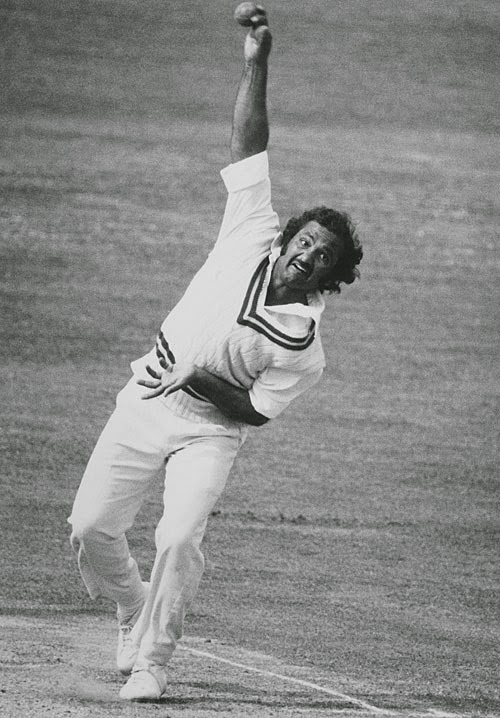Sam Robson signifies no messing,
a straightforward, orthodox sort of player. It’ll sound even more upstanding to
those who viewed Sam Robson makes his maiden Test hundred at Headingley against
Sri Lanka. Sam Robson is a batsman of few fripperies, earnestly committed to
the long haul. He made super 127 runs before Nuwan Pradeep, armed with the 2nf
new ball, brought one back to strike his off stump, causing England to stumble
to a lead of 62 with four wickets remaining by the close.
 |
| Bird's eye view the local wildlife admire Sam Robson's drive, England v Sri Lanka, 2nd Investec Test, Headingley, 2nd day, June 21, 2014 @ Getty Images |
 |
| Sam Robson reached his hundred shortly after tea, England v Sri Lanka, 2nd Investec Test, Headingley, 2nd day, June 21, 2014 @ Getty Images |








